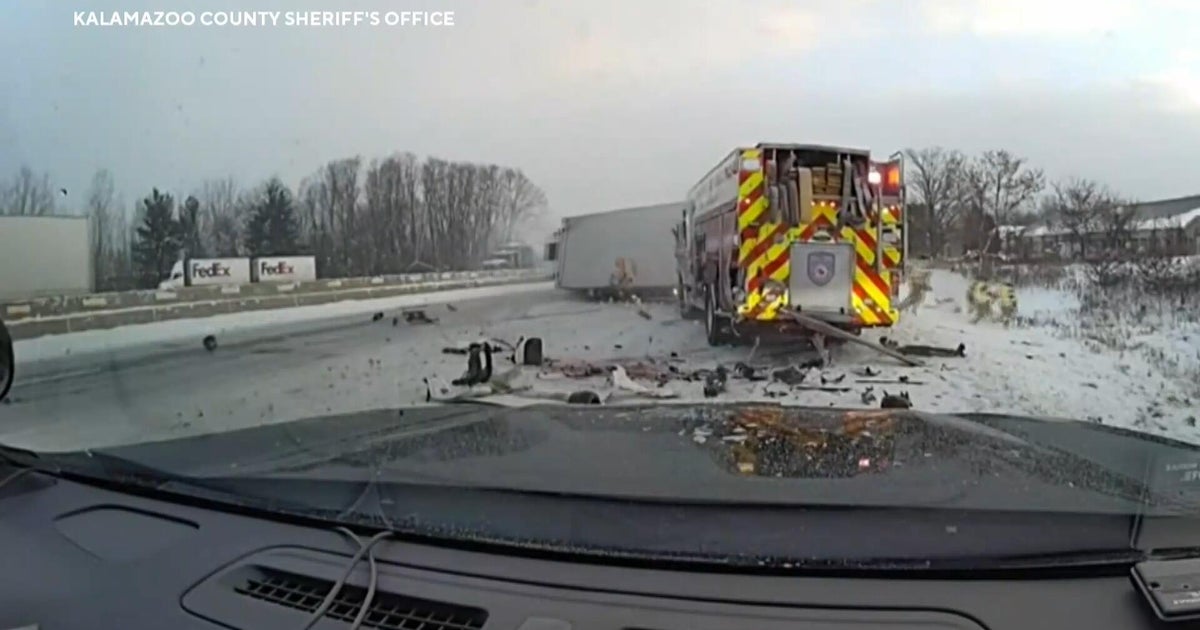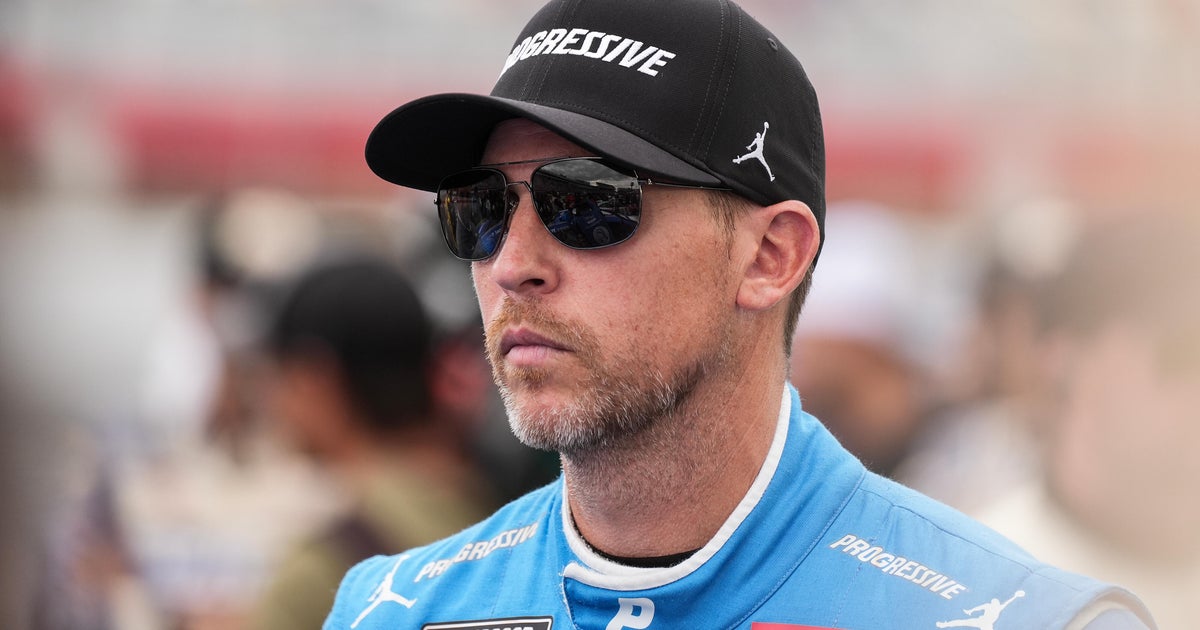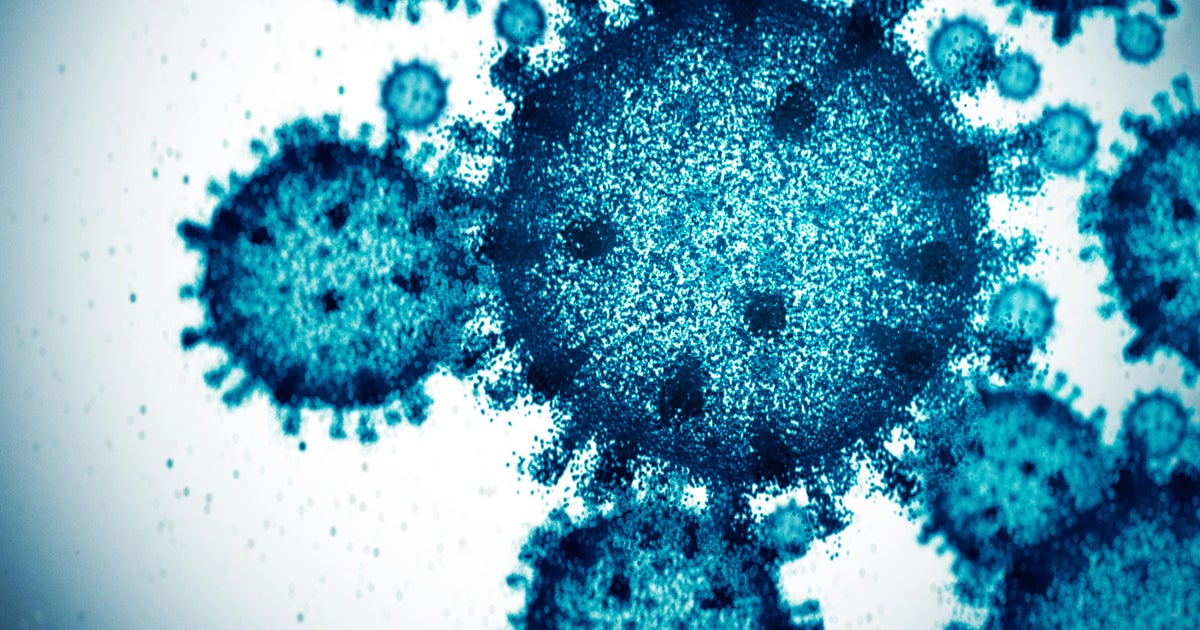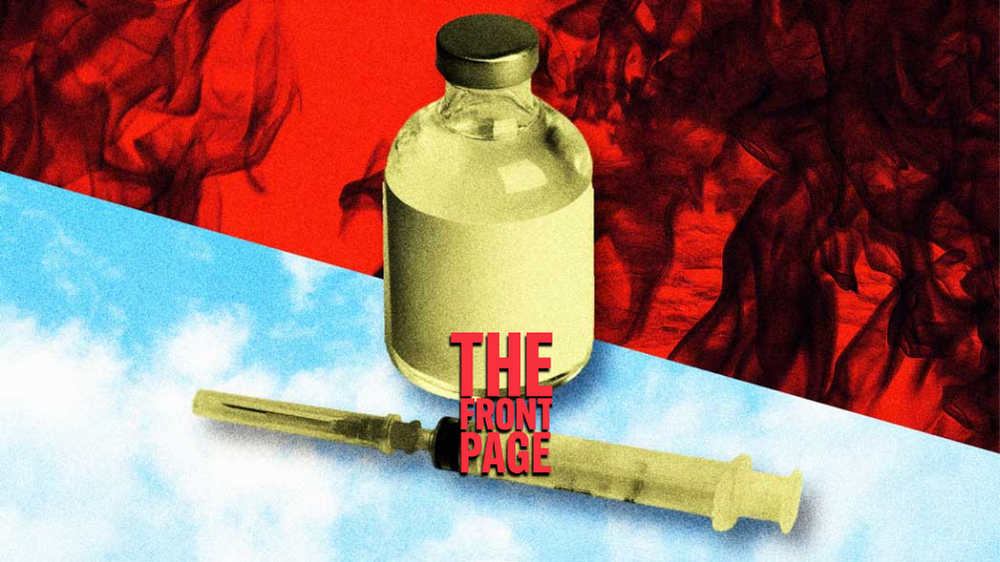After son dies of COVID, mother holds vaccine drive at his funeral
An indoor mask advisory has been issued in New Orleans, and Louisiana is facing a major setback in its battle against the coronavirus.
Louisiana Governor John Bel Edwards is dealing with the highest number of COVID infections since the winter, leading to a surge in hospitalizations.
"I actually lost my breath today when the daily update came in," Edwards said.
Florida, Louisiana, Mississippi, Arkansas, Missouri, and Nevada are the hardest-hit states right now—as unvaccinated Americans are driving these trends.
Betty Antoine's 46-year-old son Brandon became a COVID statistic—despite her pleading with him to get a COVID-19 vaccine.
"I begged him, I said, 'You need to take the vaccine, Brandon.' 'Oh, no, mom, I'm not going to take it. And you better not take the vaccine either,' Antoine recalled in a conversation with CBS News' David Begnaud.
"Did he ever talk to his doctor?" Begnaud asked.
"His doctor wanted him to take the vaccine. He told her no," Betty said.
He told his mom and his friends he had done the research and wanted to wait, but Antoine said her son left out an important detail to his friends.
"He did not tell his friends all the underlying health conditions he had. He had a bad heart. He had lung problems, COPD," she said. Brandon tested for COVID-19 and died six later. Standing next to his bedside, Antoine said she was overcome with a sense of purpose.
"First of all, I was so full with... I want to say angry. I was kind of angry, not so much at him, but because he did not take the vaccine," she said. "And I said, right then I'm going to ask his friends and everybody to take that vaccine in honor of him."
Antoine offered COVID-19 vaccines during his funeral. Three people stepped up that day to take the vaccine and 10 others followed later.
"I just wanted them to see Brandon's ashes. I wanted them to know, look, Brandon is dead because he did not take the vaccine," she said.
Among the 100 million Americans who are unvaccinated, many are healthcare workers.
"In order to protect the patients, we have to not be carrying a virus," said Christopher Thomas, a critical care doctor in Baton Rouge. "We've done this for flu. We need to be patient-centered. And that requires us as health care professionals to take the first leap in that first leap is to get vaccinated."





